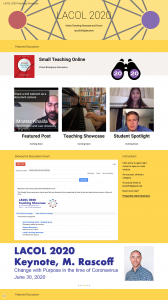LACOL 2020 Virtual Workshop – Summer Dialogues
Student Perspectives on Trauma-informed, Anti-racist,
Remote Teaching and Learning
Resources proliferate on how to prepare for remote teaching and learning that is equitable, inclusive, and anti-racist, but where are students’ perspectives and voices in the mix?
See also: Fall 2020 brown bag series: https://lacol.net/student-led-brown-bags-fall-2020/
In August 2020, Student Partners working in the Summer Pedagogical Partnership Program at Bryn Mawr and Haverford Colleges led a series of semi-structured conversations with faculty and staff across LACOL. Pairs of these students partnered throughout the summer with cohorts of faculty to support their pedagogical planning for the Fall-2020 semester.
As part of this work, the Student Partners read resources and identified what they think matters most in developing trauma-informed, anti-racist, remote teaching and learning. These points shared below served as a basis for the 1-hour small group conversations via Zoom.
Feedback from faculty participants highlighted the value of these discussion as they plan for the fall:
“We shared resources and ideas…so I feel like we walked away with tangible strategies and tools to apply to our remote work in a more equitable way.”
“It really made a difference for my course prep, and overall well-being as a faculty member living through these challenging times.”
“The students modeled the kind of non-judgmental openness to questions, concerns, and ideas that they recommended we exhibit in the classroom. I have a long set of notes taken during the meeting that I am eager to implement when I’m next teaching.”
Likewise, reflections from student partners capture important threads in these conversations:
“[This work] opened my eyes to the incredible number of things professors have to consider and worry about when planning a course, which is definitely going to help me consider others’ perspectives in an out-of-the-box way.”
“…talking with faculty partners and student partners has more thoroughly convinced me that a lot of misunderstandings or dissatisfactions among students and faculty could be remedied or clarified by faculty being more direct and transparent about their reasons for adopting certain practices, assignments, and course policies, and by asking students to share their feelings and feedback directly.”
“I have found a voice and a language with which to communicate with faculty and have/facilitate conversations that previously felt out of the realm of things I could do. I think I have learned a lot of important facilitation strategies that I carry with me into other work. I aim to apply this language, knowledge, and skills to other work across disciplines to open space for more accessible and equitable conversations and practices.”
Read More
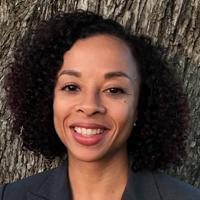 Dr. Heather Pleasants is a faculty development and senior assessment specialist at the University of Texas at Austin, where she works with faculty interested in making experiential learning a part of their courses. She is also an educational researcher and consultant who specializes in providing needs assessment, program evaluation, and external evaluation of funded initiatives—particularly those that address issues of diversity, equity, and inclusion. Dr. Pleasants received her PhD in Educational Psychology (2000) with a specialization in Language, Literacy, and Learning from Michigan State University. She is a regular contributor to the work of the Digital Pedagogy Lab, and her most recent publication is Digital Storytelling in Higher Education: International Perspectives (2017).
Dr. Heather Pleasants is a faculty development and senior assessment specialist at the University of Texas at Austin, where she works with faculty interested in making experiential learning a part of their courses. She is also an educational researcher and consultant who specializes in providing needs assessment, program evaluation, and external evaluation of funded initiatives—particularly those that address issues of diversity, equity, and inclusion. Dr. Pleasants received her PhD in Educational Psychology (2000) with a specialization in Language, Literacy, and Learning from Michigan State University. She is a regular contributor to the work of the Digital Pedagogy Lab, and her most recent publication is Digital Storytelling in Higher Education: International Perspectives (2017).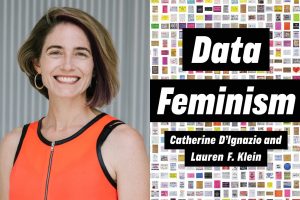 As data are increasingly mobilized in the service of governments and corporations, their unequal conditions of production, their asymmetrical methods of application, and their unequal effects on both individuals and groups have become increasingly difficult for data scientists–and others who rely on data in their work–to ignore. But it is precisely this power that makes it worth asking: “Data science by whom? Data science for whom? Data science with whose interests in mind? These are some of the questions that emerge from what we call data feminism, a way of thinking about data science and its communication that is informed by the past several decades of intersectional feminist activism and critical thought. Illustrating data feminism in action, this talk will show how challenges to the male/female binary can help to challenge other hierarchical (and empirically wrong) classification systems; it will explain how an understanding of emotion can expand our ideas about effective data visualization; how the concept of invisible labor can expose the significant human efforts required by our automated systems; and why the data never, ever “speak for themselves.” How can we operationalize intersectional feminist thinking in order to imagine more ethical and equitable data practices? This talk will focus in particular on examples of play, innovation and emancipatory pedagogy in data science.
As data are increasingly mobilized in the service of governments and corporations, their unequal conditions of production, their asymmetrical methods of application, and their unequal effects on both individuals and groups have become increasingly difficult for data scientists–and others who rely on data in their work–to ignore. But it is precisely this power that makes it worth asking: “Data science by whom? Data science for whom? Data science with whose interests in mind? These are some of the questions that emerge from what we call data feminism, a way of thinking about data science and its communication that is informed by the past several decades of intersectional feminist activism and critical thought. Illustrating data feminism in action, this talk will show how challenges to the male/female binary can help to challenge other hierarchical (and empirically wrong) classification systems; it will explain how an understanding of emotion can expand our ideas about effective data visualization; how the concept of invisible labor can expose the significant human efforts required by our automated systems; and why the data never, ever “speak for themselves.” How can we operationalize intersectional feminist thinking in order to imagine more ethical and equitable data practices? This talk will focus in particular on examples of play, innovation and emancipatory pedagogy in data science. 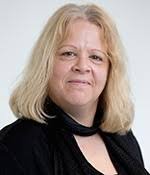
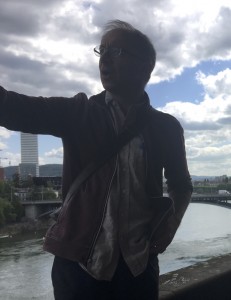

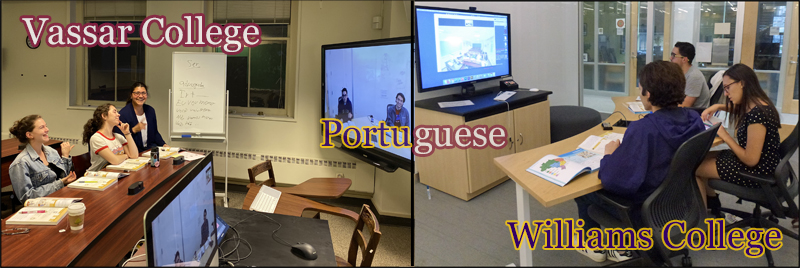
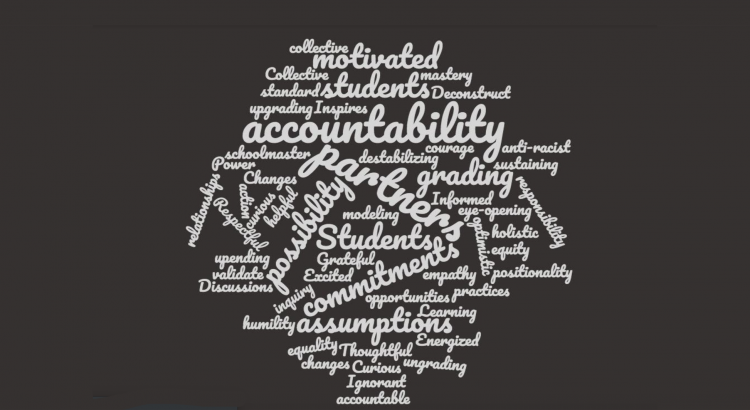
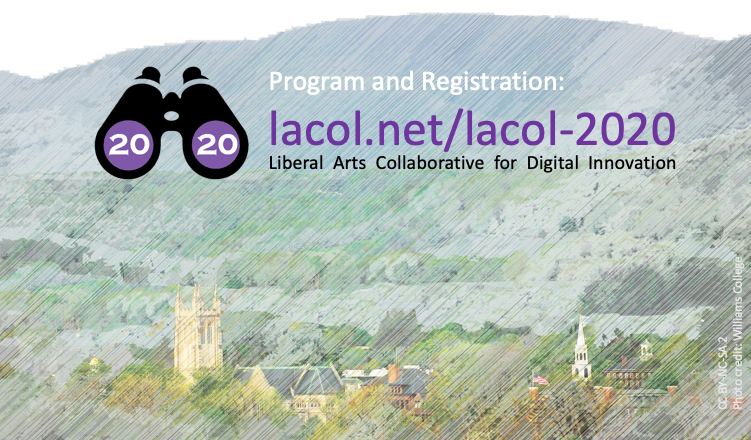

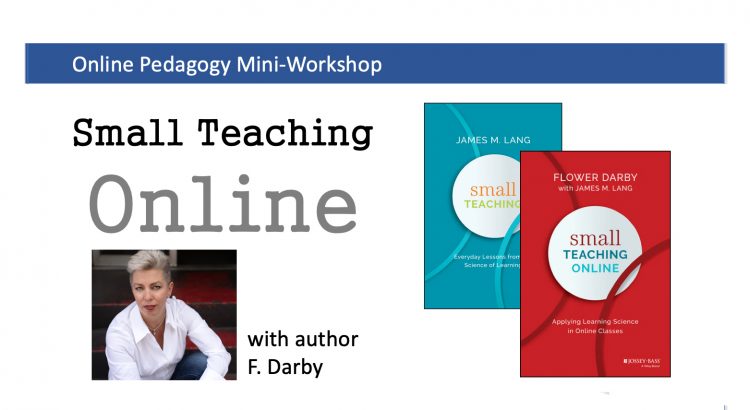
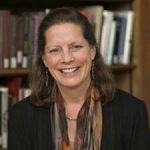
 Session: LACOL 2020 Summer Data Science Panel
Session: LACOL 2020 Summer Data Science Panel

